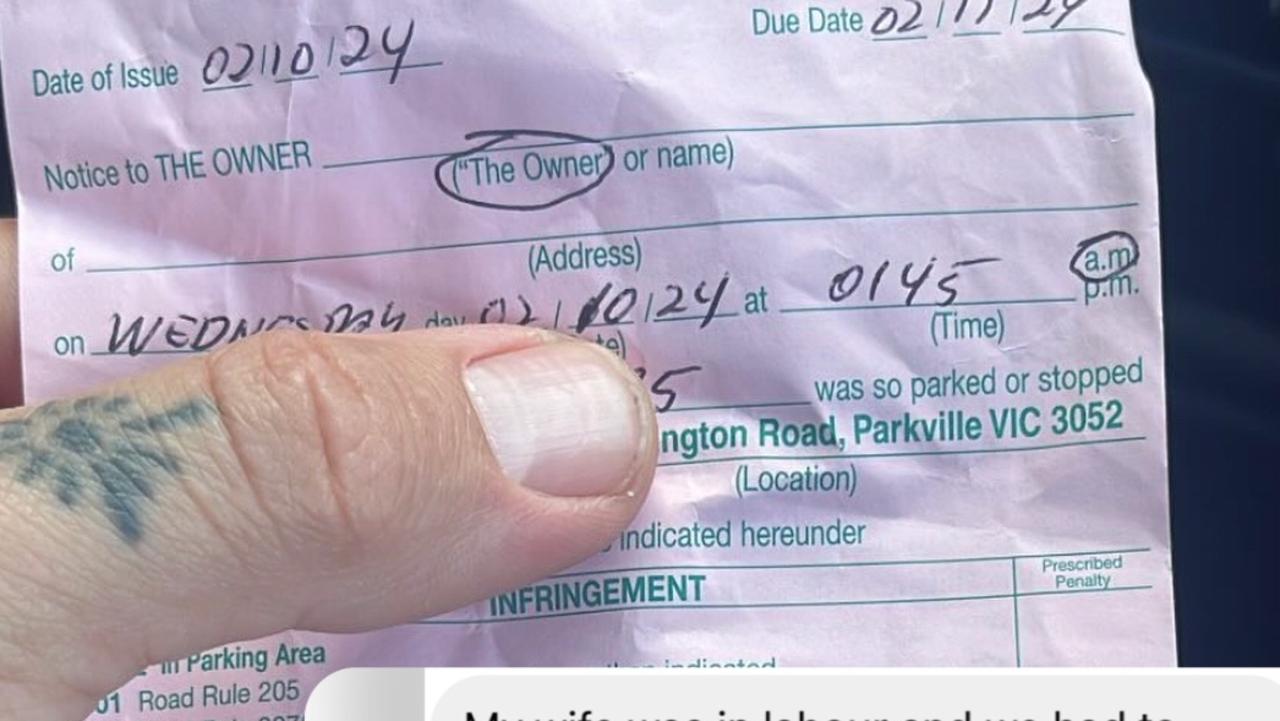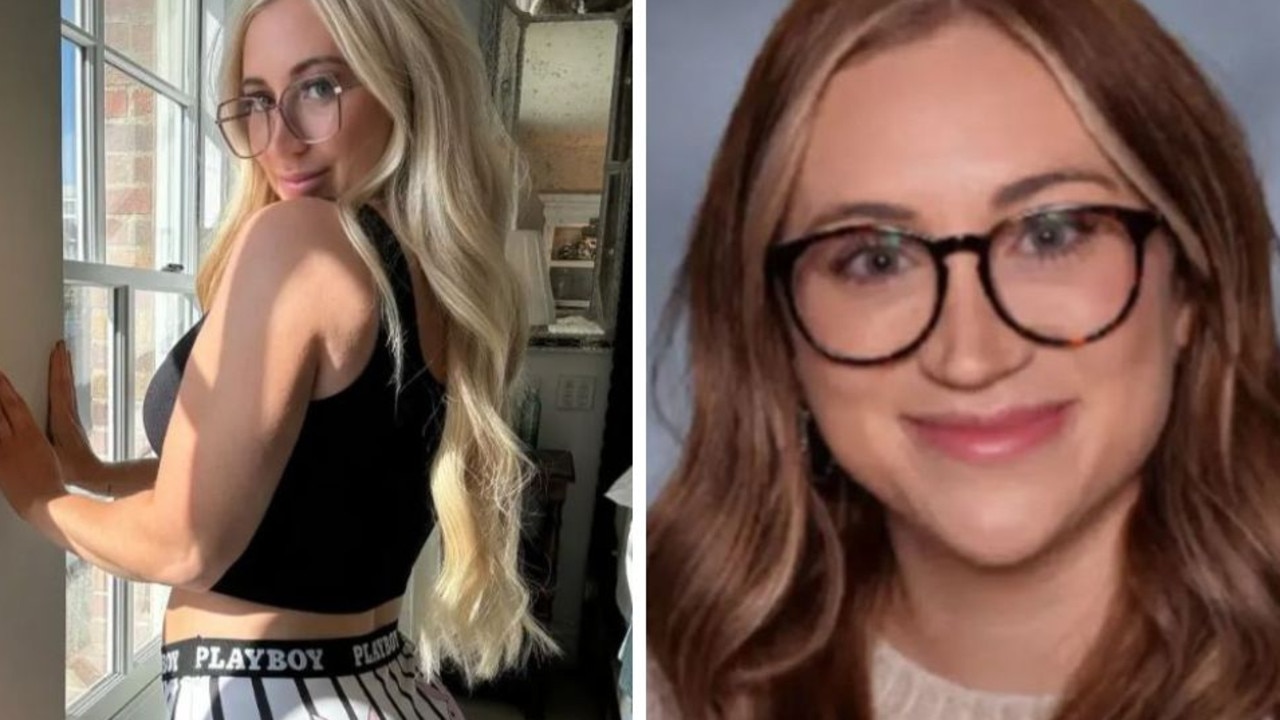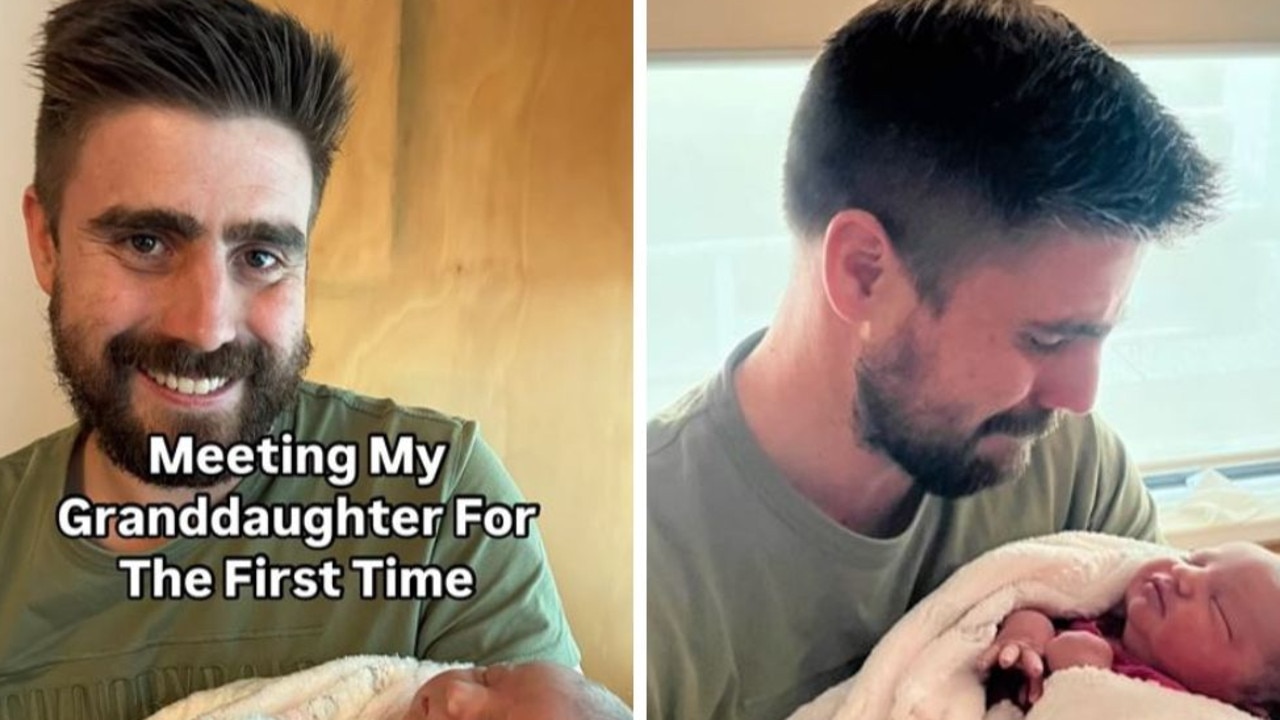‘What I’ve learnt interviewing convicted murderers’
Temujin Kensu was convicted of murder in 1986. But the overwhelming evidence says there’s no way he could have committed the crime.

Two years ago, in September 2022, I made the utterly ludicrous decision to quit a radio career of 14 years and launch my own crime podcast.
I was no big name, I had no large financial backers, I have two small children, a wife and a mortgage to pay, and the country was on the cusp of some of the worst economic times in recent history, but I just had a feeling that the show would find its audience. I felt what I was about to bring to the podcast world people would find fascinating, because I most certainly do.
My show is called One Minute Remaining – Stories from the Inmates and, as the name might suggest, I help tell the stories of men and women who are incarcerated. But not here in Australia – the men and women I speak with are all across the United States, the country with the highest incarceration rate in the world.
In the past two years, I’ve spoken with and interviewed more than 30 inmates from Florida to
New Jersey, Alaska to Alabama, and everywhere in between. It’s a world that, hopefully, most of us will never experience – the inside of a prison cell. However, let me just warn you: if you think you’ll never end up behind bars because you’re a law-abiding citizen, I have some bad news for you.
These men and women are mothers, sisters, brothers and fathers. Some are even former drug addicts or gang members, and business professionals. They come from broken homes, normal happy families and some are even born into wealth and privilege.
Some have led lives that would leave you in disbelief – like the young lady whose father hired a hit man from his prison cell to kill her, her mother and grandmother so they wouldn’t testify against him.
Their convictions are as wide-ranging as their backgrounds, from simply evading police and drug possession to arson, attempted murder, and, of course, murder itself. Some are career criminals who have spent their lives in and out of a prison cell, while others have been handed a life-and-104-year sentence for their first offence. That’s right – a life plus 104 years, just in case.
And others, well, others have been incarcerated for crimes they didn’t commit.
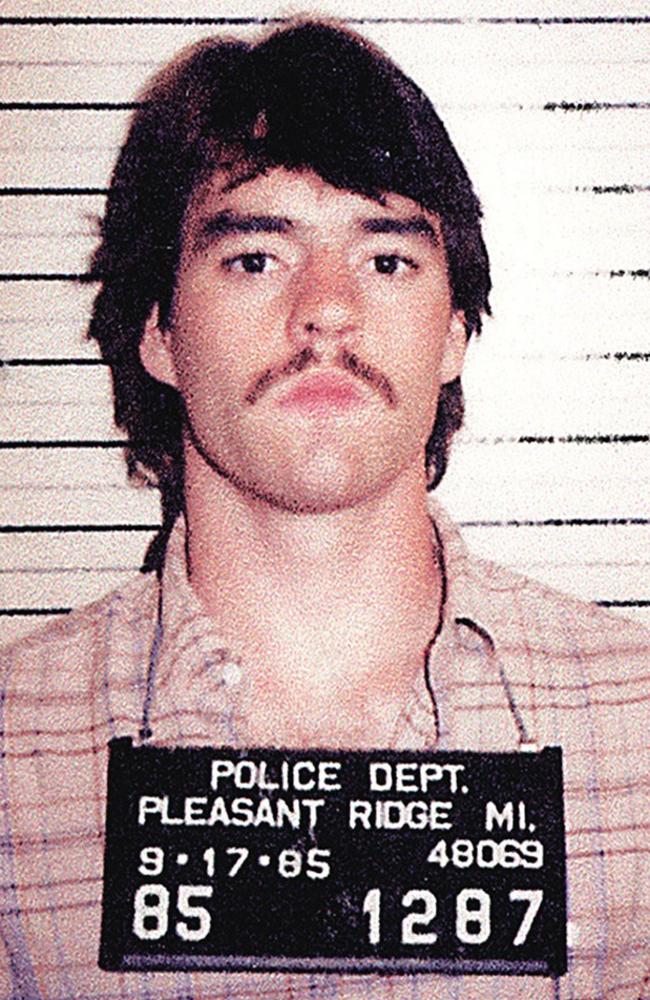
Out of all the men and women I have spoken with so far, 26 have been convicted of the ultimate crime: murder. Some admit to their crime – not in a Charles Manson, “I killed and I don’t care” type admission, but more of a “it was me or him” self defence case, or they just made an incredibly bad decision as a youngster and they are paying for it.
However, many of those I speak with outright say, “I’m innocent of this crime; I did not kill anyone”.
One of the most common things people say to me when I tell them what I do is, “Let me guess – they’re all innocent,” as they laugh. To which I reply, “Well no, not everyone. But did you know that a highly conservative estimate for how many people are actually wrongfully incarcerated in the US today is around 20,000 people?”
To put that into perspective, that is the capacity of Qudos Bank Arena – 5000 more people than a full-capacity Rod Laver Arena. And that number doesn’t even take into account the innocent people who decide to take a plea deal.
A plea deal is what you’re offered when you’re arrested for a crime. The prosecution will come to you and say, “Look, you plead guilty and we’ll agree to a 10-year sentence. However, if you take this to trial and lose, you could get life without parole”.
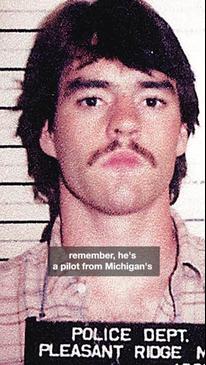
If you have no faith in the system, what are you going to choose? And if you’re reading this thinking, “Well, if I’m not guilty, I’m not taking a deal. I’m going to win at trial”, then you need to listen to the stories of the poor b***ards on my show who thought like you.
The second most common question I get is, “Do you believe them when they say they’re innocent?”
So far, out of the more than 30 men and women I have interviewed about their lives and stories, 24 of them have been found guilty of murder. Out of those 24, 17 say they are not guilty at all of the crime, five say their crime was self defence, two have been found guilty under the insane Felony Murder rule, and one is a former hit man for a drug cartel and openly admits to his crimes.
Of those who tell me they’re completely innocent of murder, the question is, do I believe them all? No, of course not. But what I will say is that there are 10 who I wholeheartedly believe have been convicted of murders they did not commit.
How can I be so sure? Well, two have since been exonerated of their crimes – but not before they lost a combined nearly 60 years of their lives in prison. And yes, I believed them before they were exonerated.
In other cases, like the story of Temujin Kensu who was convicted of murder in 1986, the overwhelming evidence says that there is no way he could have committed the crime.
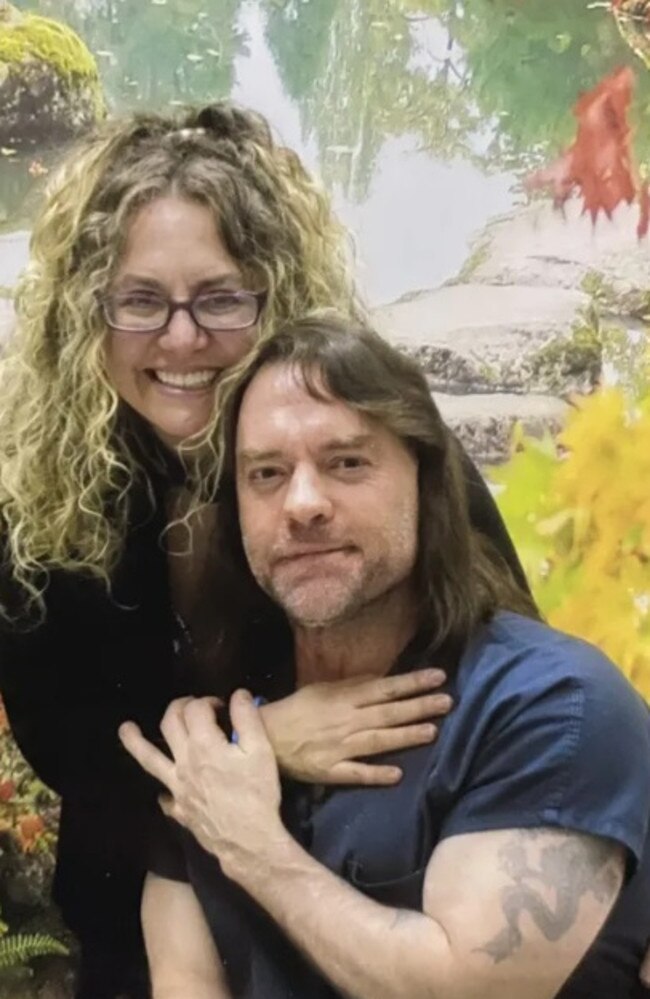
Don’t believe me? Well, what if I tell you that a man was shot and killed more than 740 kilometres away from where Temujin was the morning of the crime? Temujin had no fewer than nine alibi witnesses who placed him that far away just over an hour after the murder occurred.
There was no possible way he could have made it there and back in time to be seen by his alibis. Well, of course, unless he hired a plane, but that would just be ludicrous, right? Well, actually, that’s the theory the prosecution came up with in order to convict him. That's all it was, a theory – there was no actual evidence of any flights taking off or landing at any airports near the crime scene or where he was seen by the witnesses, yet Temujin is still in prison as I type this, almost 40 years later.
You might now be thinking, well, this can’t be normal. Sadly, in America, it’s more prevalent than anyone can even imagine. But how is it happening?
Well, there are a number of reasons, but the big difference between our judicial system – which is not perfect by any stretch of the imagination – and America’s is their apparent obsession with electing officials. Judges, prosecutors, sheriffs, district attorneys – you name it, they are all elected into their positions, which means they are seemingly more politician than crusader for justice.

What do we all want when it comes to our communities? Safer streets, the bad people in prison so our wives, daughters, sons and the elderly can feel safe. So, what’s the catchcry come election time? Tough on crime! In fact, many studies have shown that incarceration rates increase around the times these officials are up for re-election.
Research from the Journal of Law and Economics in 2016 showed that district attorneys increased the number of cases they prosecuted, particularly for drug-related offences, in the lead-up to elections. And if it’s a violent crime, forget about it – you’re going away, come hell or high water.
Of course, it all starts with the investigation. Police and detectives have to arrest someone for a crime before they even make it in front of a “tough-on-crime” prosecutor or judge.
I recently sat down with former Australian homicide detective and now podcast royalty Gary Jubelin on his podcast I Catch Killers and swapped notes about the differences between Australia and the US. I think he spent most of the chat with his jaw on the floor and his eyes as big as dinner plates; he just couldn’t believe some of the things police were not only getting away with, but legally allowed to do. Things such as lying to suspects, telling them they have their DNA all over a crime scene or they have the victim’s blood all in their car – utter rubbish designed to elicit a confession, and they get them – false ones.
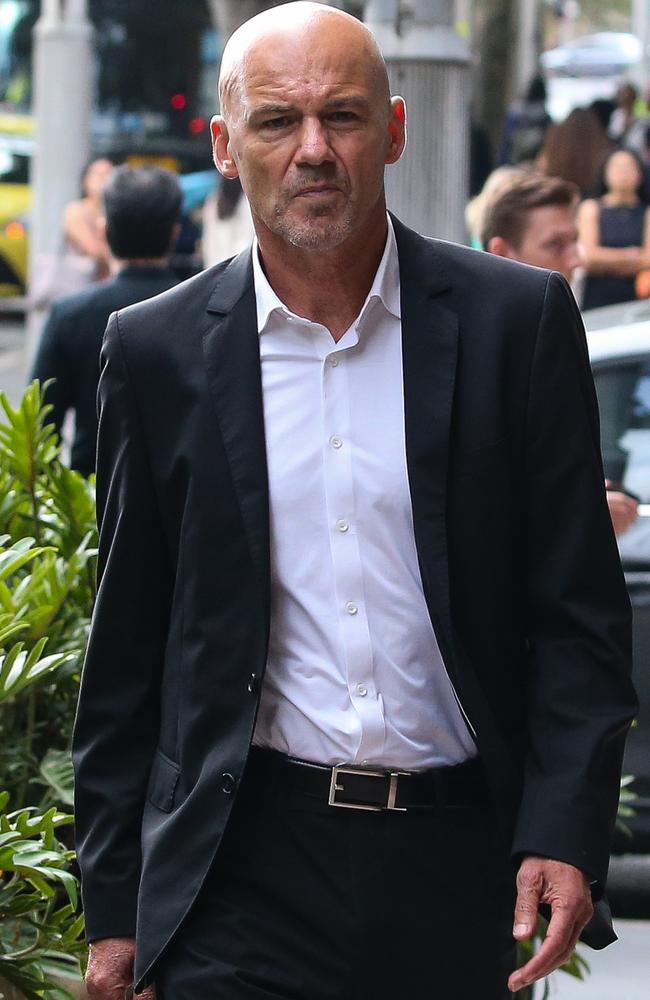
If you are yet to watch American Nightmare on Netflix, watch it. What you will see is not an isolated incident from a crazy case – it’s common practice across the United States.
So, there are these obvious ways to tell if a convicted murderer is telling me the truth, but there is one other way that I’ve picked up on over the past two years.
The act of committing a murder is, I would argue, an incredibly selfish one. People who commit this ultimate act think only about themselves – they kill someone for their own personal gain, or potentially for some form of self-gratification or a sense of power and control.
What I’ve found – and obviously I’m no psychiatrist or expert in human behaviour – is that a number of the people I speak with exhibit a strong amount of compassion and thoughtfulness for others, even during what is their darkest hour.
Evaristo Salas Jnr, convicted of murder at just 15 and always maintaining his innocence until his eventual exoneration just last year, would always ask about me and my family, how I was doing. Christopher Dunn, now exonerated after 34 years in prison for murder, again always asked in his messages about me and thanked me for what I was doing for him and others like him.
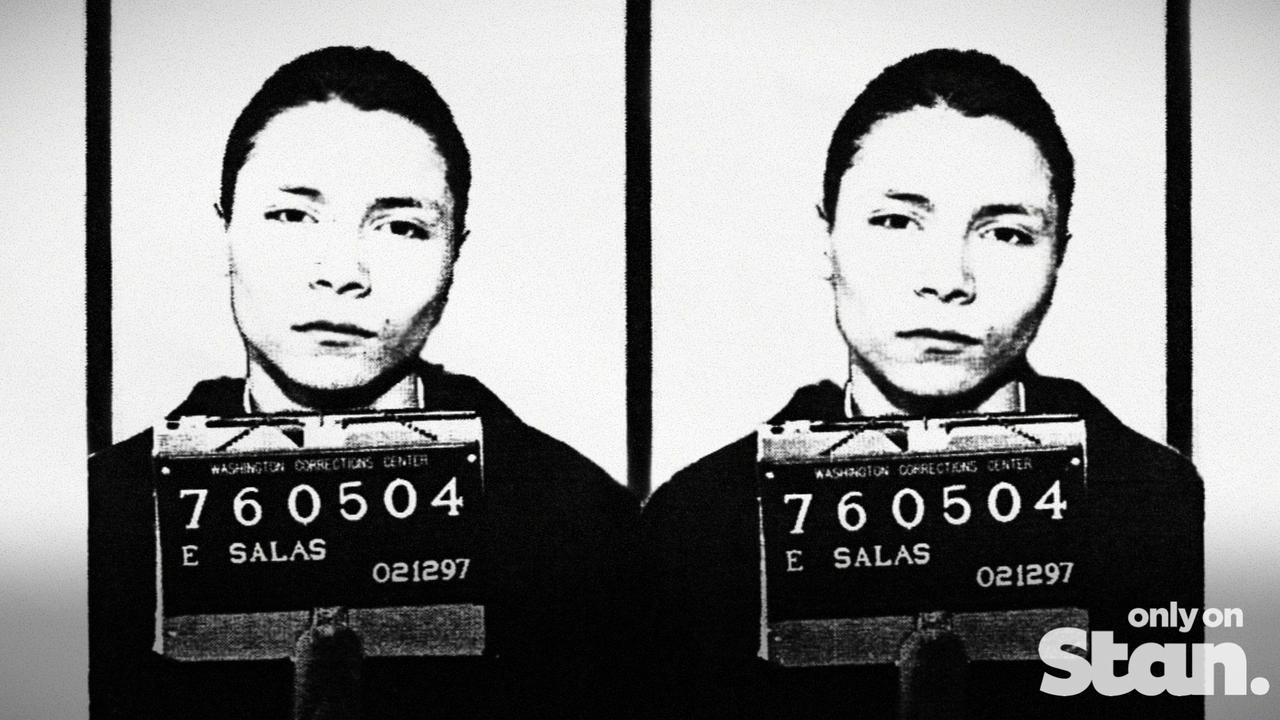
Temujin Kensu, mentioned above, won’t go a conversation without starting with, “How are the babies? How is your wife and puppy dog?” and ending with “If there’s anything I can do to help you, please let me know”. And there are many more. These people are staring down the barrel of life inside prison, never to be free again; they have been wrongfully imprisoned, yet they show compassion, care and kindness. Are those the actions of a murderer?
On the flip side there are others who tell me they are innocent and, in their messages or calls, it is all business – all about them, their case, how they will prove their innocence, how they will prove everyone wrong and take down those who have wronged them.
Now again, I’m not saying, “Hey, I have the answer to who is truly innocent”. It’s just an observation that I’ve noticed over the last two years of speaking with countless men and women.
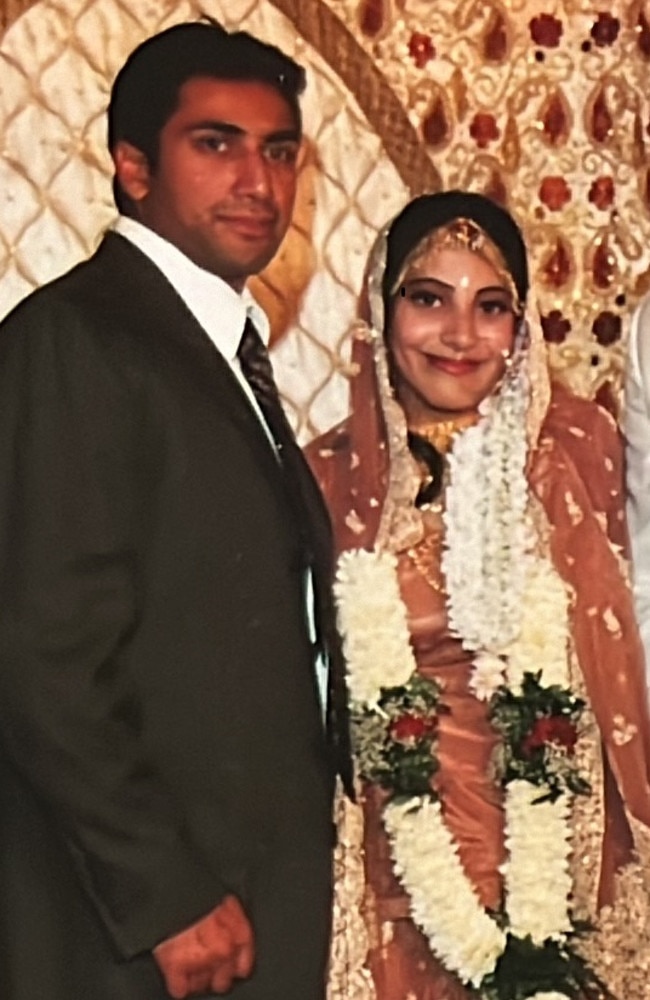
My biggest take away from my new-found job is simply the fact that I have become far more open-minded about the people we call “criminals”, and that prisons actually don’t work.
Why do we put people in prison? It’s punishment for a crime – we take away your freedom and your liberty in order to say, “What you did is unacceptable in society”, but once they are there, what are we doing to change them? You might think, “I don’t care”, but you should because, for the vast majority, they will at some point be released and could one day be your neighbour.
Do we want those people coming out as bad or in many cases worse than when they went in? Or do we want them coming out with a new mindset, skill set and setting them up to succeed?
In the Netherlands they have closed 23 prisons since 2014 – why? Well, it’s simple. Their crime rate has fallen significantly and they have far fewer repeat offenders, because of the way in which they handle incarceration.
If you’re reading this thinking what a load of rubbish, then all I would say is, come and listen to some of the stories on my show, listen with an open mind, and then tell me that you believe there isn’t a problem.
Jack Laurence is the host and creator of podcasts One Minute Remaining and Wanted. You can listen to new episodes of One Minute Remaining twice a week wherever you get your podcasts.



